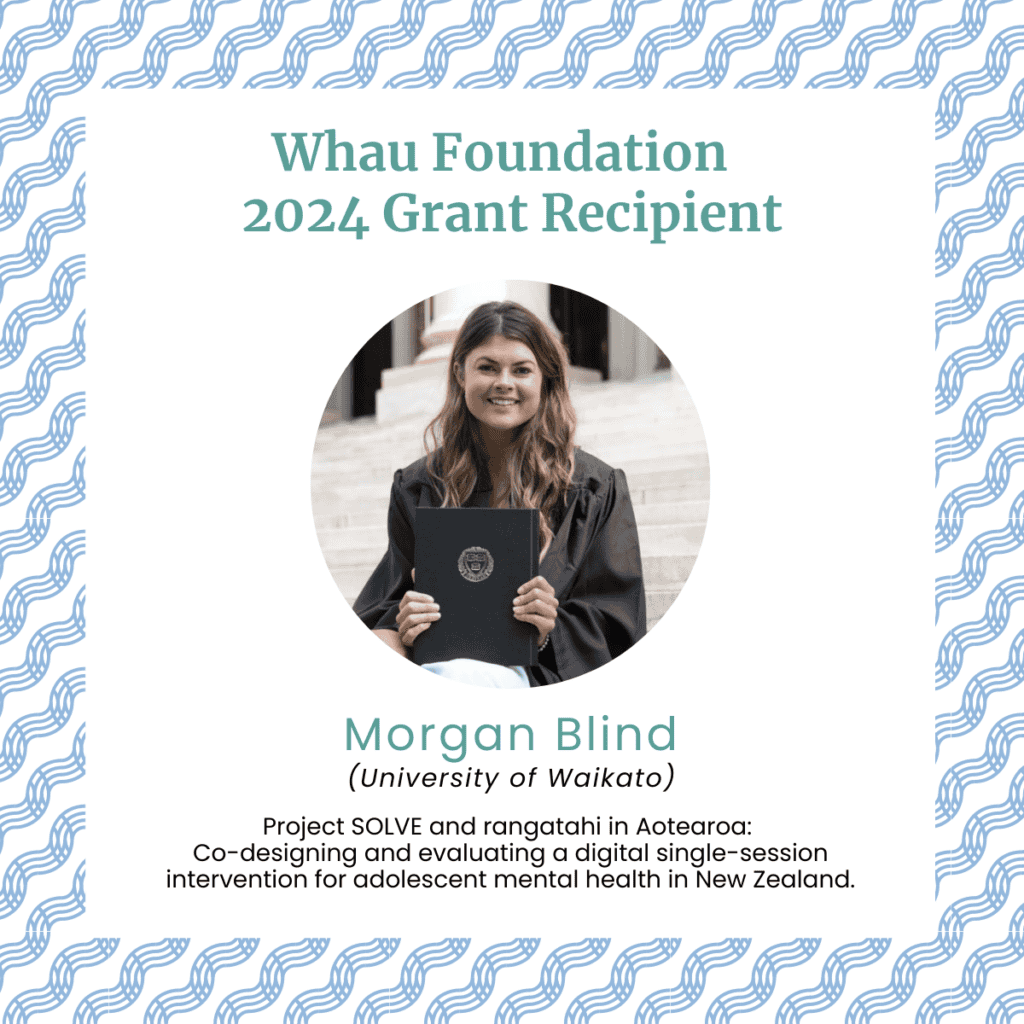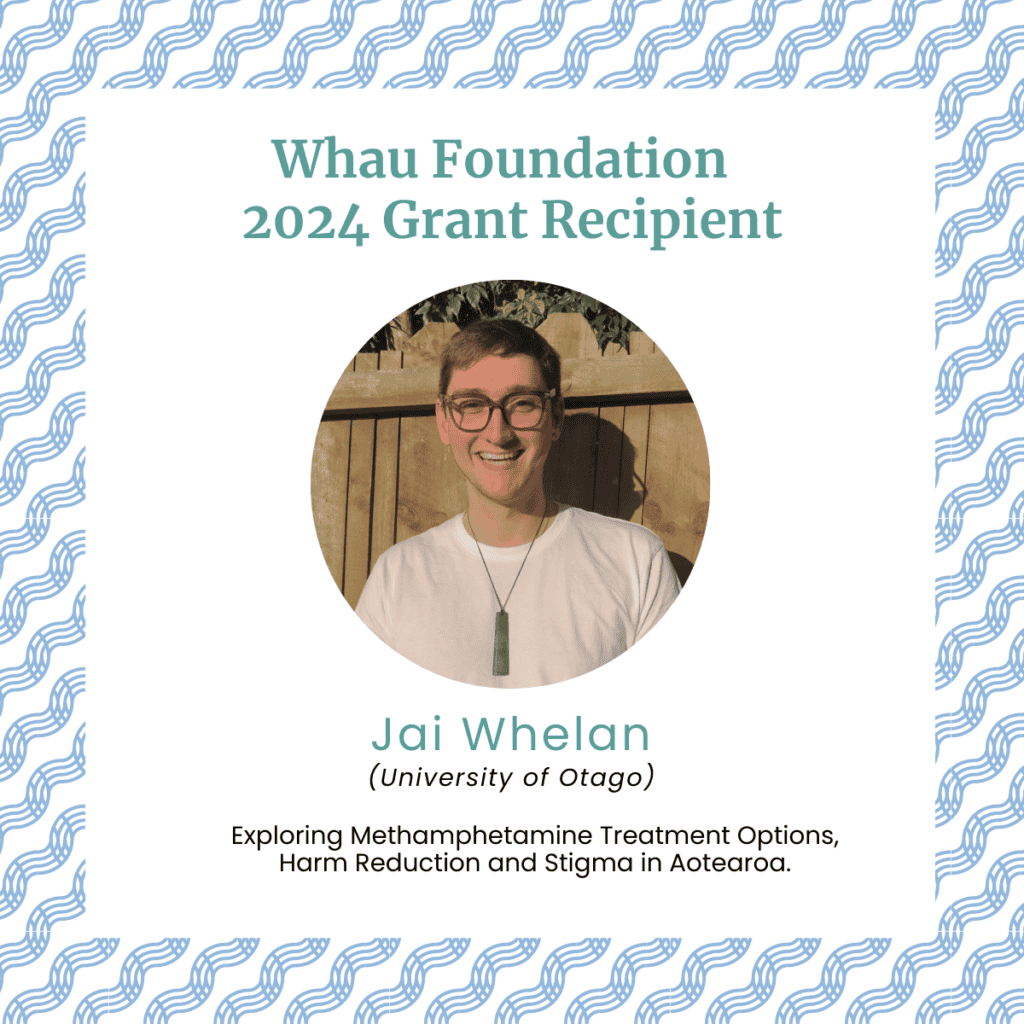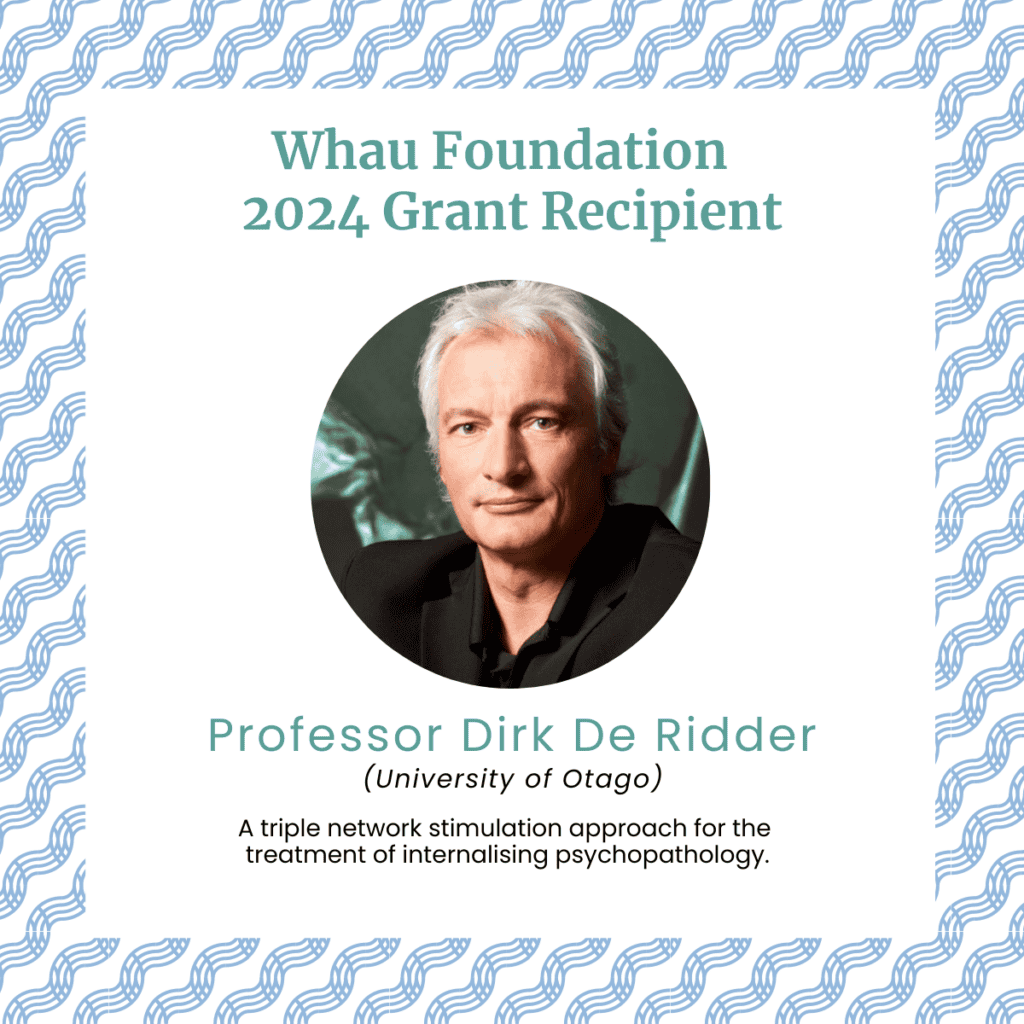We are thrilled to announce the recipients of our 2024 granting round.

Professor Bruce Arroll is exploring innovative approaches to treating post-traumatic stress disorder (PTSD).
Written Exposure Therapy (WET) is a protocol-driven treatment requiring only five 30-minute sessions, offering equivalent outcomes to the gold standard Prolonged Exposure Therapy (PET), which typically involves twenty sessions. With a significantly lower dropout rate (6-13% compared to 25-39% for PET), WET provides a more accessible and scalable option for PTSD treatment.
This project will conduct a randomized trial comparing once-weekly and twice-weekly WET to evaluate the feasibility and effectiveness of faster therapy in a primary care setting. With almost all patients at The Calder Clinic experiencing PTSD, and Māori representing 50% of the clinic’s patient population, this research holds great potential to improve outcomes for those most affected by trauma in Aotearoa.
We look forward to seeing the impact of this research in transforming PTSD care in Aotearoa.

Morgan Blind’s research exemplifies the innovative and impactful work we are proud to support through this year’s granting round:
Currently, one in five rangatahi (young people) in Aotearoa report difficulty accessing support for their mental health concerns (Fleming et al., 2020). This treatment gap has prompted academics and clinicians to consider whether online and/or school-based interventions can increase access to evidence-based mental health care. This research is a randomised controlled trial to evaluate the effectiveness of Project SOLVE-NZ, an online problem-solving intervention, compared to Project Success-NZ, an activity that teaches young people study skills.
Underdeveloped problem-solving skills have been associated with varying presentations of mental distress, including depression, hopelessness, and suicidal ideation (e.g., Becker-Weidman et al., 2009; Grover et al., 2009; Speckens & Hawton, 2005). This association has meant problem solving is often featured as a core component of therapeutic interventions, and strengthening problem solving skills has been shown to improve clinical outcomes in youth who experience mental health concerns (e.g., Michelson et al., 2022; Malik et al., 2021).
For these reasons, we hope that Project SOLVE-NZ will support the development of problem solving in rangatahi in Aotearoa and have a positive effect on their proximal and longitudinal mental health outcomes.
We congratulate Morgan on her important work and look forward to seeing its impact on rangatahi in Aotearoa.

Jai Whelan’s research project is: Exploring Methamphetamine Treatment Options, Harm Reduction and Stigma in Aotearoa
Methamphetamine (MA) is the most harmful illicit drug in Aotearoa. High levels of use are a major contributor to personal harm, including mental health issues, and contribute to significant whānau and community harm, particularly for Māori. Stigma also causes and exacerbates existing harms and is a barrier to help-seeking and recovery.
Although treatments are available, they are relatively ineffective, and options are limited. To develop a deeper understanding of ways to reduce MA harms, interviews with past and current MA consumers, and health and research professionals will be conducted to explore their perspectives of various treatment and harm reduction approaches. Experiences of MA-related stigma will also be investigated, in addition to stigmatising attitudes held by the wider population.
The findings will inform treatment innovation, and resource allocation, whilst contributing to drug policy reform that supports equity and health.
We look forward to seeing Jai progress this important work in the mental health and addiction space.

Awarded a Grant in Aid, Professor De Ridder’s innovative approach embodies the transformative research we are committed to supporting through our grants.
A triple network stimulation approach for the treatment of internalising psychopathology:
Mental health disorders are a leading cause of disability worldwide, associated with huge economic costs. Current available treatments demonstrate small effect sizes, thus warranting the need for new innovative therapies. In individuals with internalising psychopathology (IP), abnormal functional connectivity has been demonstrated in the three cardinal brain networks responsible for emotional regulation. Moreover, these altered brain network connectivities are critical for reinforcing suffering, resulting in treatment resistance.
Targeting these three cardinal brain networks may produce clinical benefits. The proposed randomized controlled trial will evaluate the efficacy and acceptability of a novel non-invasive brain stimulation paradigm, a high-definition transcranial infraslow gray noise stimulation (HD-tIGNS) technique, targeting the functional connectivity of the triple brain networks simultaneously, for reducing anxiety and depression in people with mental health disorders.
We congratulate Professor De Ridder on this innovative research and look forward to the potential impact of his findings on mental health treatment.